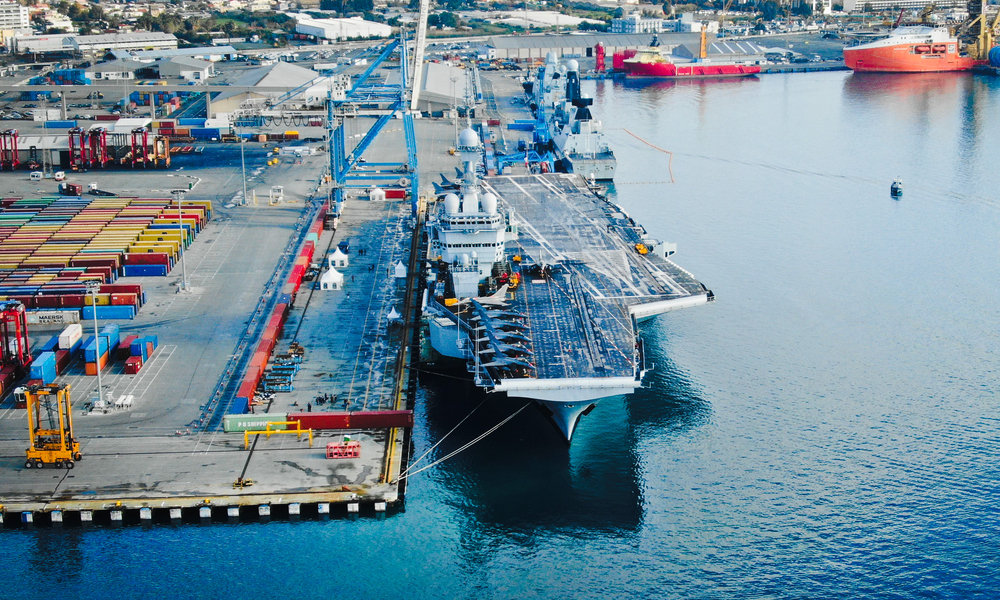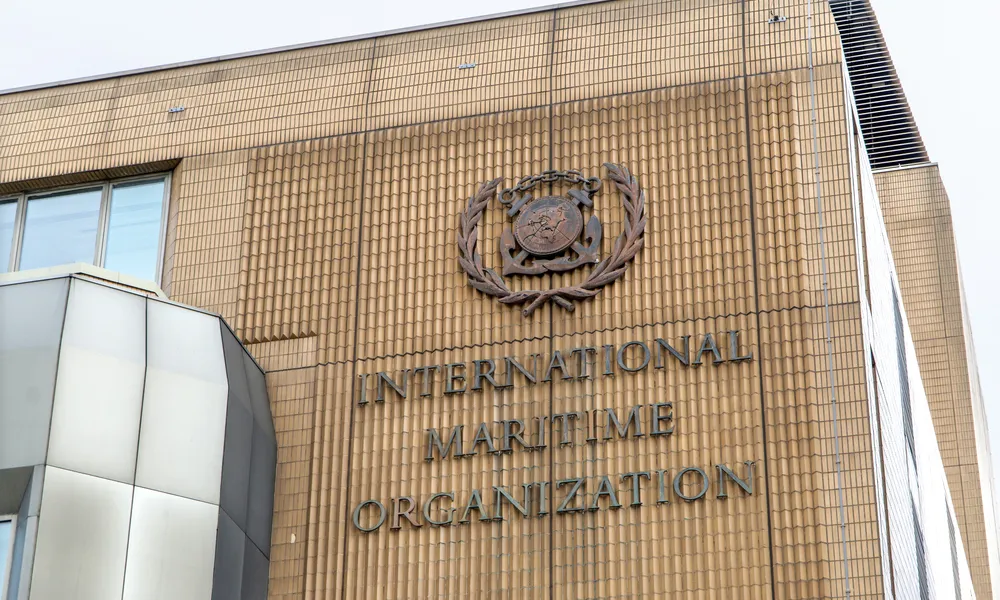The vote at the International Maritime Organization (IMO) to postpone adoption of the new Net-Zero Framework (NZF) has brought sharp geopolitical and economic tensions to the surface, with Cyprus and Greece at the centre of pressure and criticism. Both countries abstained, diverging from the European Union’s agreed position to oppose postponement and proceed to a vote on adopting the NZF. Their move fractured the EU’s united front and could trigger legal follow-up from Brussels, according to comments provided to Politis by a European Commission spokesperson.
Stakes and Interests
As major global shipping nations, Cyprus and Greece sit at the fault line between competing interests and philosophies. They are balancing strong US opposition to the proposed measures, the commercial concerns of shipowners and maritime companies based in their jurisdictions, and the EU’s ambitious climate agenda. The 2050 net-zero goal for shipping is disruptive, particularly around the role of natural gas as a transition fuel, and around the pace and cost of compliance. US pressure and threats of counter-measures complicated the diplomacy, raising the risk that the NZF might have been voted down if tabled now. Defeat could have accelerated a patchwork of regional rules, in a sector that is global by nature.
The Deputy Ministry told Politis that abstaining created space for further talks and a broader consensus by October 2026. Cyprus supports a globally applicable IMO framework that is both ambitious and workable, warning that a razor-thin adoption now could hinder implementation and encourage regional fragmentation. With more time, Nicosia argues, a consensus package is more achievable and more practical for the world fleet and economy.

Greece’s Position
Greek Prime Minister Kyriakos Mitsotakis, in a Financial Times op-ed, questioned the pace of decarbonising hard-to-abate sectors such as shipping and aviation while Europe still burns coal and oil elsewhere in the economy. He called for caution, flexibility and economic realism to ensure the numbers add up.
Commission Reaction
The abstentions irritated Brussels. Had the vote proceeded, the EU bloc would have backed the NZF. A Commission spokesperson told Politis the executive remains committed to a 2050 net-zero trajectory for global shipping and will work toward adoption at the next IMO environment committee in one year. Depending on negotiations, a fresh Council mandate may be needed. The Commission is reviewing the positions taken by some member states during last week’s vote.
What the NZF Proposes
The Net-Zero Framework is designed to put international shipping on a clear pathway to zero emissions by 2050. It uses a two-tier system anchored in a fuel greenhouse-gas intensity standard, requiring ships to lower the carbon intensity of their energy use over time. It includes corrective measures for non-compliance and incentives for low-carbon fuels and technologies to speed a fair transition across the sector. The EU is already moving regionally, with measures in force from 2024 and further rules from 2025, but continues to push for a single global regime at the IMO to preserve a level playing field.

US Pressure
Washington rejects the NZF concept and issued public warnings against countries voting for it, accusing the EU of exporting “neo-colonial” climate rules. US officials argued they would not accept an international agreement that unduly burdens the United States or raises costs for consumers and industry. They floated potential counter-measures such as port access restrictions, visa limits for seafarers, trade steps and extra port fees for ships under flags backing the NZF. For Greek and Cypriot shipping, which lifts large volumes of US liquefied natural gas, any deterioration in access or terms would be highly consequential.
With the vote delayed, negotiations now pivot to landing an IMO package by October 2026 that can command wider support across major maritime powers. For Cyprus and Greece, the challenge will be to align a globally workable deal with the EU’s climate ambitions while safeguarding the competitiveness and investment plans of their shipping clusters.
